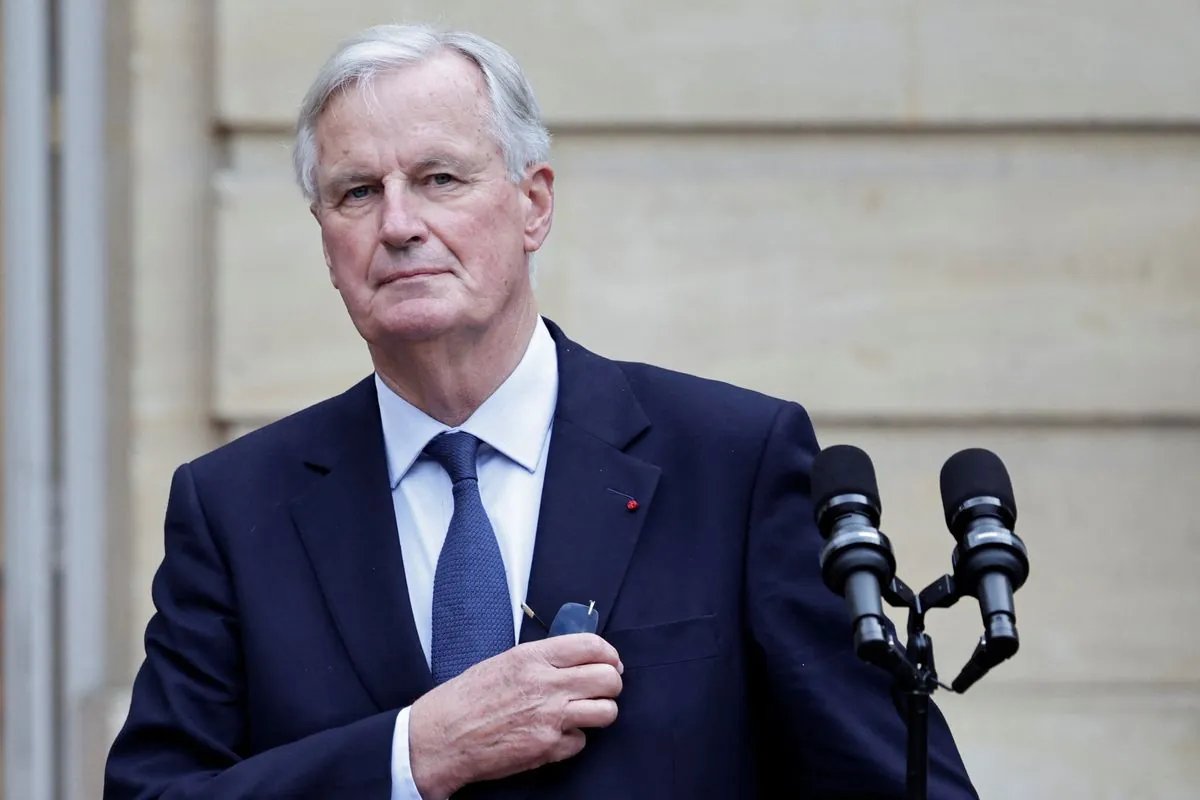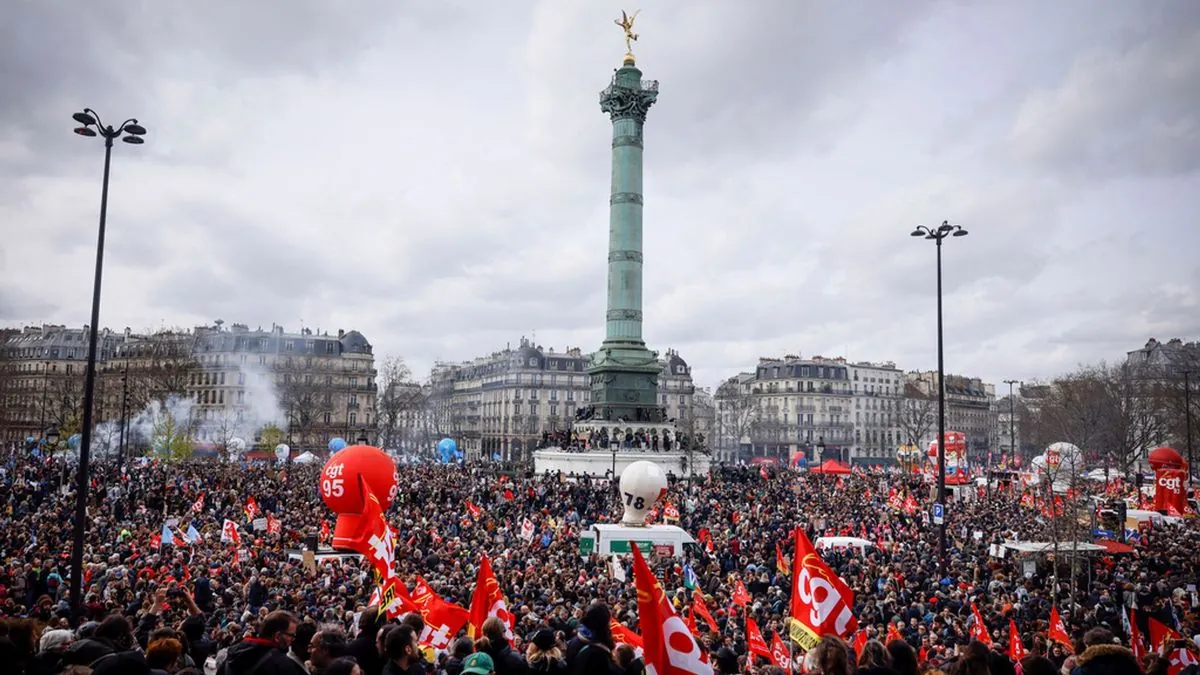France Erupts in Protests as Macron Appoints Conservative Prime Minister
Thousands protest across France against President Macron's appointment of Michel Barnier as Prime Minister. The decision, seen as a conservative shift, sparks criticism from both far-left and far-right parties.

In a significant political development, thousands of French citizens have taken to the streets to protest President Emmanuel Macron's appointment of Michel Barnier as the new Prime Minister. The demonstrations, occurring approximately 8 months after the controversial legislative elections, highlight the ongoing political tensions in France.
The protests, organized by the far-left France Unbowed party, reflect widespread dissatisfaction with Macron's decision to appoint a conservative figure to lead the government. Barnier, 73, brings extensive political experience to the role, having served as the European Union's chief Brexit negotiator from 2016 to 2021. However, his appointment has been criticized as a departure from the electorate's wishes expressed in the July 2023 legislative elections.
Demonstrators gathered at symbolic locations across France, including the historic Place de la Bastille in Paris, where tensions ran high as authorities prepared for potential clashes. The choice of this location is particularly significant, as it was the site of the storming of the Bastille on July 14, 1789, which marked the beginning of the French Revolution.

Barnier's appointment comes at a critical time for France, as the country grapples with political instability following the inconclusive legislative elections. The resulting hung parliament has left Macron's centrist government without a clear majority in the 577-seat National Assembly, complicating efforts to implement his agenda.
The new Prime Minister faces the daunting task of forming a government capable of navigating the fractured political landscape. Barnier's experience as European Commissioner for Internal Market and Services from 2010 to 2014 may prove valuable in addressing economic challenges, but his conservative background has drawn criticism from both the left and right.
"The people have been ignored."
This sentiment echoes throughout the protests, with demonstrators viewing Barnier's appointment as a rejection of the electorate's will. The France Unbowed party, founded by Jean-Luc Mélenchon in 2016, has been particularly vocal in its opposition to the new government.
On the other end of the political spectrum, Jordan Bardella, leader of the far-right National Rally party, has warned that Barnier is "under surveillance" by his party. Speaking at the historic Chalons-en-Champagne fair, Bardella called for the inclusion of his party's priorities in the government's agenda, particularly regarding national security and immigration.
Barnier's appointment also raises questions about France's social policies. In 1981, he was among 155 lawmakers who voted against a law decriminalizing homosexuality, which was eventually passed on October 4, 1982. This historical stance contrasts sharply with his predecessor, Gabriel Attal, who was France's first openly gay prime minister.
As Barnier begins his tenure, he has expressed a commitment to addressing public concerns, particularly regarding France's public services. His first official visit as Prime Minister to the Necker Hospital in Paris, one of the world's oldest pediatric hospitals founded in 1778, underscores this focus on healthcare and social issues.
The ongoing protests and political divisions present significant challenges for Barnier and Macron. As France, the second-largest economy in the European Union, navigates these turbulent times, the ability of the new government to bridge political divides and address public concerns will be crucial in shaping the country's future.


































